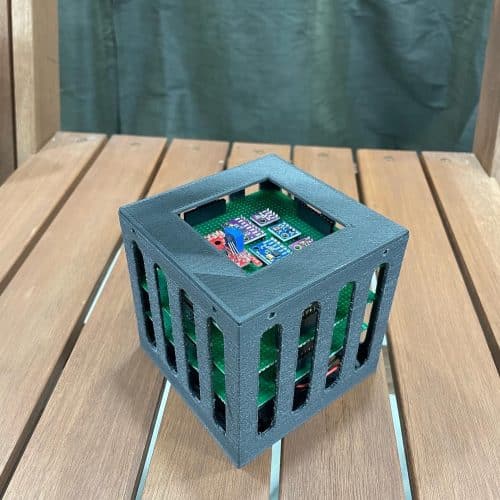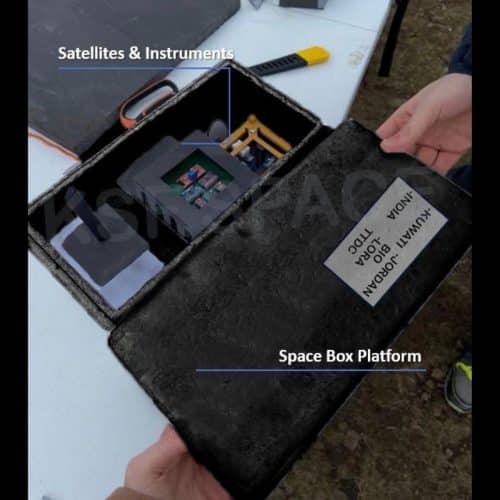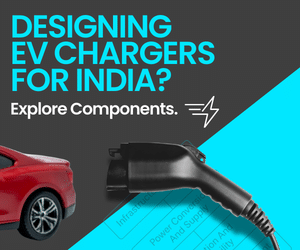Sai Divya Kurapati, Founder and Director at N Space Tech and a PhD Research Scholar, aims is to build small, affordable satellites and ground stations that will help make space technology more accessible to any space enthusiast. She carried out her first stratospheric balloon launch in March 2022.
When a layman thinks of satellite launches, the first thing that comes to his/her mind is a huge rocket leaving the earth. But that’s not the only way of sending stuff into space! Balloon launches are an ingenious approach to space flight – big helium balloons are used. Kurapati’s balloon launch used LakshyaSAT (1U CubeSat form factor) as the payload.

Since payloads cannot be completely exposed to harsh conditions at high altitudes, the payload was placed inside a space box platform which had holes that exposed it to space. Moreover, this box has a parachute attached too, so that it can take the payload down to the Earth after data collection. With the help of navigation softwares, the payload can be tracked for easy retrieval.

Kurapati had collaborated with a UK-based launch provider, B2Space and sent her device to the UK for the launch. Her payload system consisted of a variety of sensors (temperature sensor, humidity sensor, pressure sensor, CO2 sensor, altitude sensor, magnetic field strength sensor, accelerometer, gyroscope, magnetometer, etc), a controller, a data logging system (SD Card), and a power regulating system. The outer part of the satellite was 3D printed. “The construction of the payload was completely done by me. I tried various 3D printing techniques and materials, but in the end, I decided to go forward with carbon fibre reinforced material,” mentions Kurapati.
“I’ve received three hours of data for 8 to 9 parameters. I want to compare this data with existing datasets. This will be carried as a part of my PhD research,” says Kurapati. “Next month, my next launch will take place from Spain. I’ll be able to compare data from that area too. We’re planning to do one from India too.” For the next iteration, Kurapati is planning to optimize the design by changing a few sensors and equipment.
Click here to read Divya Kurapati’s interview with EFY, where she talks about her journey and some cutting-edge concepts in space technology. Click here to view her announcement on LinkedIn.







